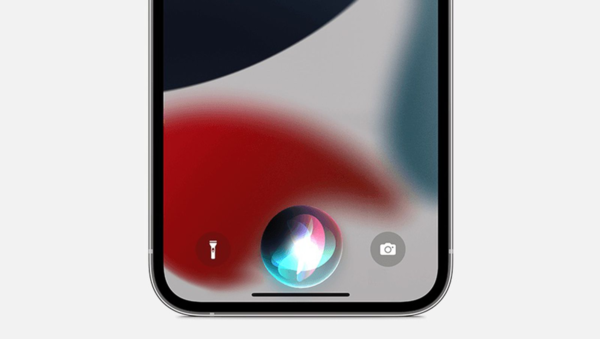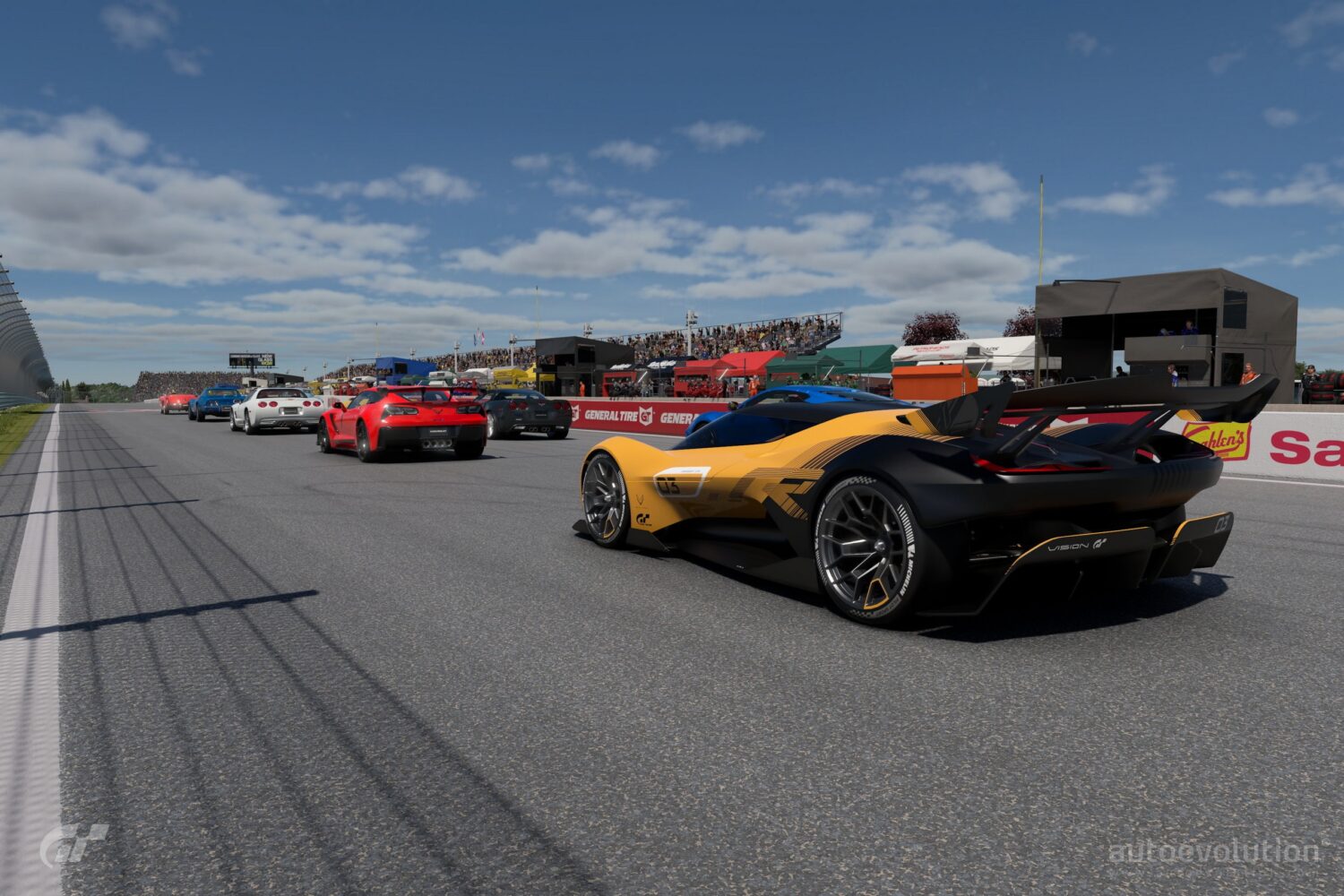Apple’s latest iOS 26.2 beta includes early signs of a change that, until now, would have seemed unlikely: the ability for iPhone users in Japan to replace Siri as the default voice assistant activated by a long-press of the Side Button. Though quietly tucked into internal system strings, the update points to a fundamental shift in how Apple handles default services under tightening regulatory pressure.
The clues come from text found within Apple’s private Siri frameworks in iOS 26.2 beta 3. These messages outline various system behaviors that would appear only if the Side Button could be reassigned. They reference scenarios where “Press and Hold to Speak is not available while the Side Button is assigned to %@,” as well as prompts to “Select Another Default Side Button App.” There are warnings noting that a default assistant “cannot be hidden” or “cannot be locked,” plus alerts for when an app is no longer eligible or restricted by region. The language is direct enough to suggest that Apple is preparing the system for third-party assistants to occupy Siri’s long-held role.
However, this won’t be a worldwide change—at least not initially. Apple is limiting the option to users in Japan, and only for devices and Apple IDs registered in the country. In practice, this means iPhone owners there may soon be able to assign the Side Button gesture to alternatives such as Google’s Gemini, Amazon Alexa or any approved assistant capable of handling the system-level trigger. For Japan’s market, where interest in AI-driven assistants has accelerated rapidly in 2025, it opens the door to experiences that go far beyond Siri’s current capabilities.
The timing is tightly connected to regulation rather than product strategy. Japan’s Mobile Software Competition Act, passed in August, takes effect in December and prevents platform owners from giving preferential access to hardware triggers like the Side Button. Apple’s inclusion of these strings in the iOS 26.2 beta lines up closely with that deadline, suggesting the company is preparing compliance measures before enforcement begins.
There has been speculation that similar functionality could reach EU markets under the Digital Markets Act, which requires dominant platforms to give third-party developers equal access to several system functions. For now, Apple’s internal documentation keeps the feature region-locked to Japan, and there’s no confirmed timeline for broader expansion.
Still, the news has implications beyond regional boundaries. While users outside Japan won’t be able to swap out Siri directly, Apple is reported to be working with companies like Google to bring external AI enhancements into Siri itself. That approach may help Apple modernize its assistant without ceding direct control over hardware triggers in markets where regulations don’t currently require it.







